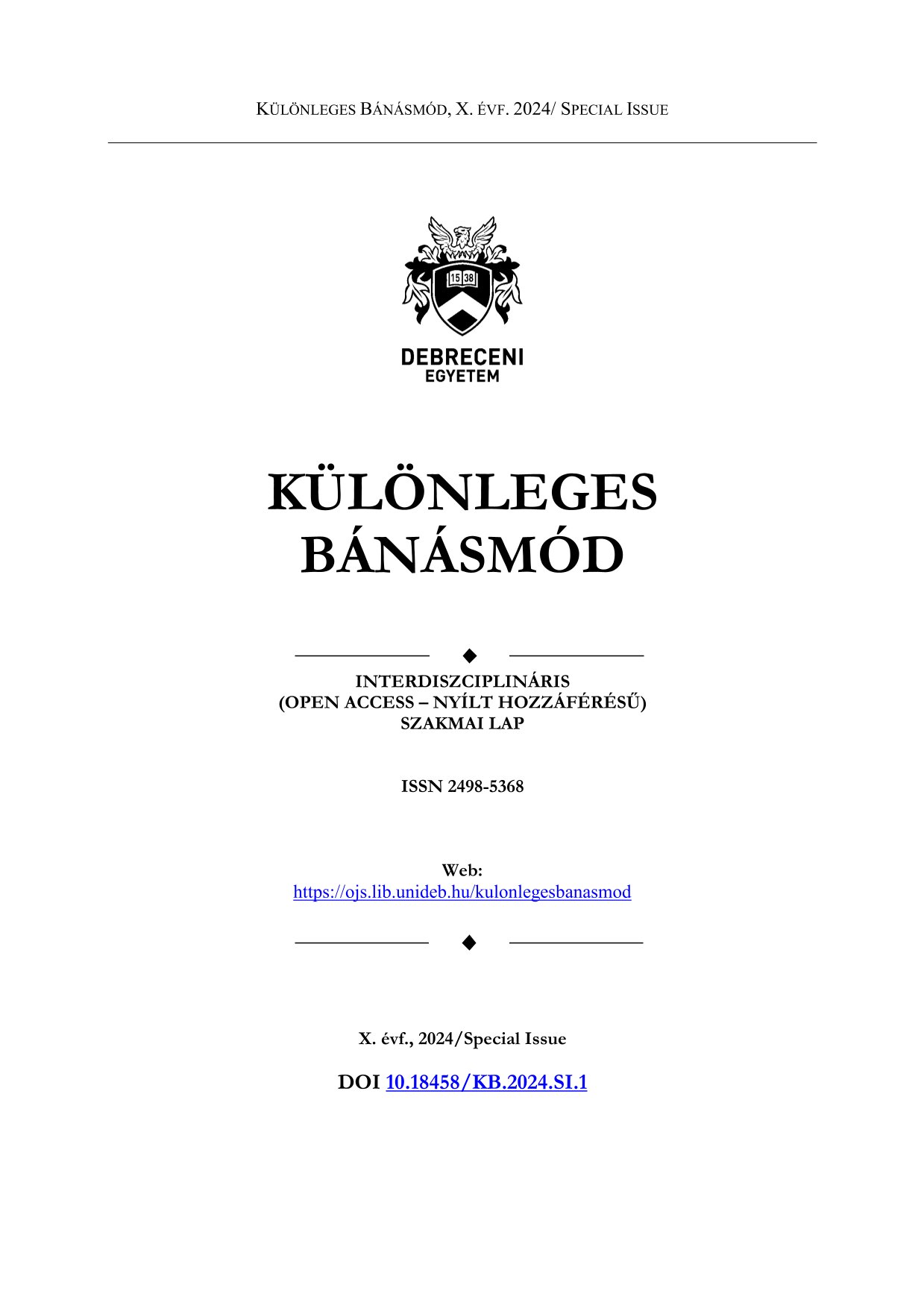The Local Wisdom of Luang Islands: ‘Hygeralay’ of History Aspect
Authors
View
Keywords
License
Copyright (c) 2024 Efilina Kissiya, Prof. Dr. Biczó Gábor

This work is licensed under a Creative Commons Attribution-NonCommercial-NoDerivatives 4.0 International License.
How To Cite
Abstract
This research aims to identify hygeralai from a historical aspect as one of the local types of local knowledge that lives in the indigenous community of Luang Island, Maluku Province, Indonesia. This research uses a qualitative research method with a historical approach. Data collection techniques in this research through in-depth interviews, field observations and literature studies. The analysis technique used in this research is historical analysis. The results of field research show that the etymology of hygeralai began as a sign of identity, a sign of ownership, a sign of territorial boundaries and used by the ancestors of Luang Island at that time. In its development, it underwent changes related to several attributes and organization when Protestant Christianity entered. The results of exploration in the field show that the etymology of hygeralai is also influenced by the environment and geography. This is evidenced by its affiliation with one of the plants that grow on Luang Island, the koli tree. From this affiliation material, it is also important to display the position of Luang Island in the division of flora in Indonesia according to Wallacea and Weber line. Thus, we can analyze the history of plant movements used by the ancestors in etymology of hygeralai. The hygeralai research results from this historical position are then compared in general with other terms in Maluku related to environmental and natural resource management. The results of this research contribute to local history, especially the management of natural resources based on local wisdom in coastal communities and border areas.


 https://doi.org/10.18458/KB.2024.SI.47
https://doi.org/10.18458/KB.2024.SI.47